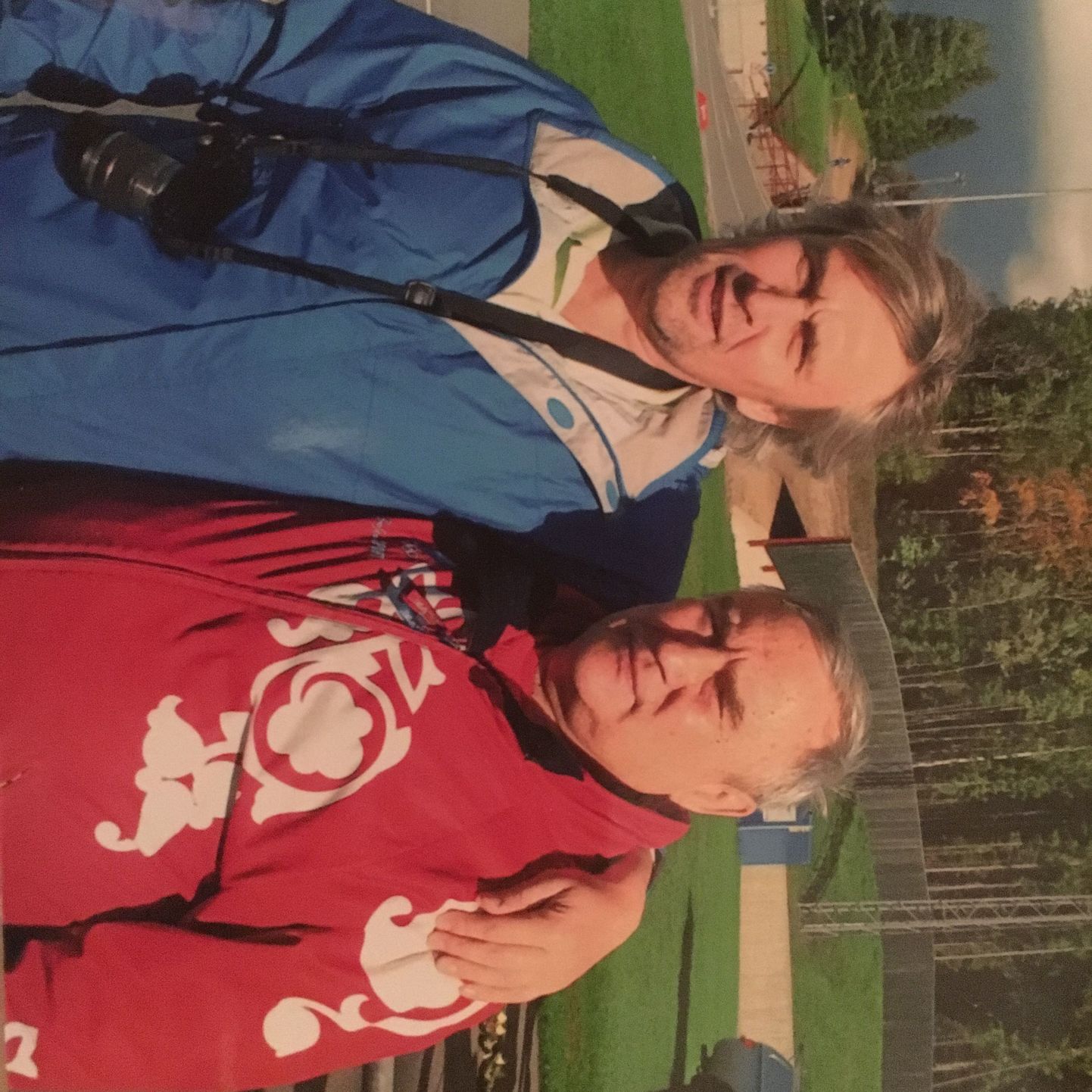«Well he did know his stomach was not aching?» I continue.
«Didn’t he ask about why the foolish talk about the stomach?» I press on, eager to gain clarity about a major mystery in Estonian sports.
«He only grit his teeth, waived his hand at me and walked off. We had tough discipline at the team, sports-military-like,» says Mr Sorokin, much calmer by now. «The orders were to get Allar in the car at once and drive off. Immediately, he was taken by car to the Olympic village with the assistant coach.»
«So what did they do to Allar there?» I ask.
«Well he got some rest. He wasn’t sick, see,» says Mr Sorokin.
In the team, of course, investigations followed. «The terrible kind,» Mr Sorokin adds. No half tones at all! «The guys got tested again, so that top officials (from USSR Olympic committee) stood by, picked up the bottles and took these to our lab again,» recalls Mr Sorokin. «By the evening, we got the results – all were clean! I told you that Andryuhha (Dundukov) knows nothing, just blabs.»
But they still did not leave Allar alone, at till this day this deeply disturbs Mr Sorokin. «We never allowed them to take any pills without me or doctor. Afterwards, they quite wore Allar out with the investigations to hey tell us what pills the doc and Sorokin gave you. And every day they begun to demand that I write letters of explanation,» he recalls.
